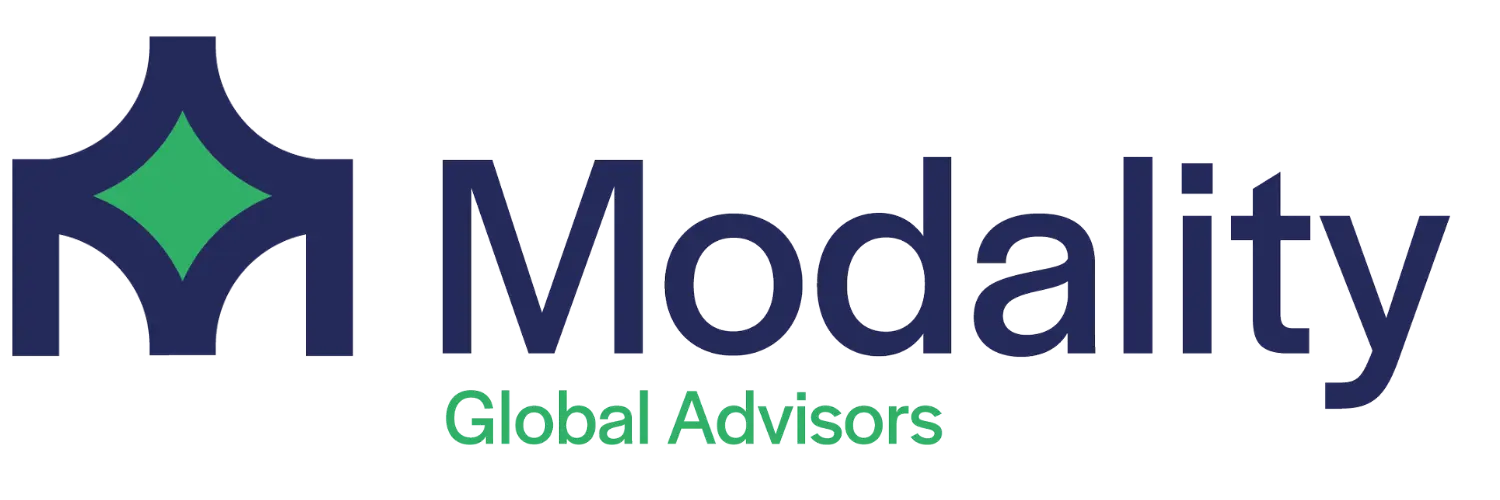How Smart Scheduling and Prehab Are Transforming Surgical Outcomes
Smart Scheduling & Prehab: The New Playbook for Better Surgery
Explore how smart scheduling and prehab are reshaping perioperative care, reducing complications, and improving surgical outcomes—powered by Modality Global Advisors.
Introduction
Under pressure to do more with less, hospitals are adopting tech-enabled solutions to streamline operations and elevate care. Two standouts—smart scheduling and prehabilitation (prehab)—are reshaping perioperative care long before the first incision. They boost efficiency, reduce preventable complications, and optimise recovery.
Up to 30% of surgical complications are preventable (American College of Surgeons), often tied to poor preparation or inefficient scheduling. Integrated smart scheduling + prehab tackles these issues directly—cutting cancellations and saving lives. Modality Global Advisors (MGA) designs intelligent peri-op pathways that blend technology, data, and human-centred strategy.
The Challenge: Complexity Before the Cut
- Cancellations from unoptimised pre-op assessment.
- Delayed recovery due to inadequate physiological readiness.
- Inefficient use of costly OR time and staff.
Pandemic backlogs persist—The Lancet (2022) estimated 28M+ surgeries cancelled or postponed globally—making smarter orchestration essential.
Smart Scheduling: Beyond Calendar Management
AI, predictive analytics, and workflow automation align the right patient, surgeon, and resources at the right time by factoring clinical urgency, risk, prep status, and real-time capacity.
- Minimises cancellations and delays.
- Prioritises high-risk/time-sensitive cases.
- Maximises OR and staffing utilisation.
- Improves patient satisfaction via shorter waits and clearer comms.
Prehabilitation: Preparing the Patient for Success
Delivered weeks pre-op, prehab optimises physical, nutritional, and psychological readiness to reduce complications and accelerate recovery.
- Cardiopulmonary conditioning and strength training.
- Nutritional optimisation and smoking cessation.
- Mental health support and sleep hygiene.
- Chronic condition and medication management.
- Digital education tailored by age, language, literacy.
Evidence: Anesthesiology meta-analyses show 30–40% complication reductions; prehab cuts LOS by ~1.8–2.5 days; JAMA Surgery reports significantly improved functional recovery, especially for high-risk oncology/orthopaedics.
What MGA Delivers
- Smart peri-op workflows: Real-time analytics for readiness, risk, and capacity.
- Prehab frameworks: Cohort-tailored programmes embedded in digital pre-op workflows.
- Team coordination pathways: Multidisciplinary handoffs to reduce errors and variation.
- Digital scheduling tools: EMR-integrated capacity planning and risk stratification.
Results: Higher throughput, fewer readmissions, better patient experience—across public and private systems.
Conclusion: Surgery Starts Before the First Incision
In value-based care, optimising every step is essential. Smart scheduling puts the right patient in the right place at the right time; prehab ensures they arrive stronger and recover faster. These are strategic imperatives for outcomes, efficiency, and resource stewardship.
Interested in redesigning your surgical pathway? Talk to Modality Global Advisors about smart scheduling and prehab that elevate perioperative care: hello@modalityglobal.com.
Sources: American College of Surgeons; The Lancet; Anesthesiology; JAMA Surgery.






